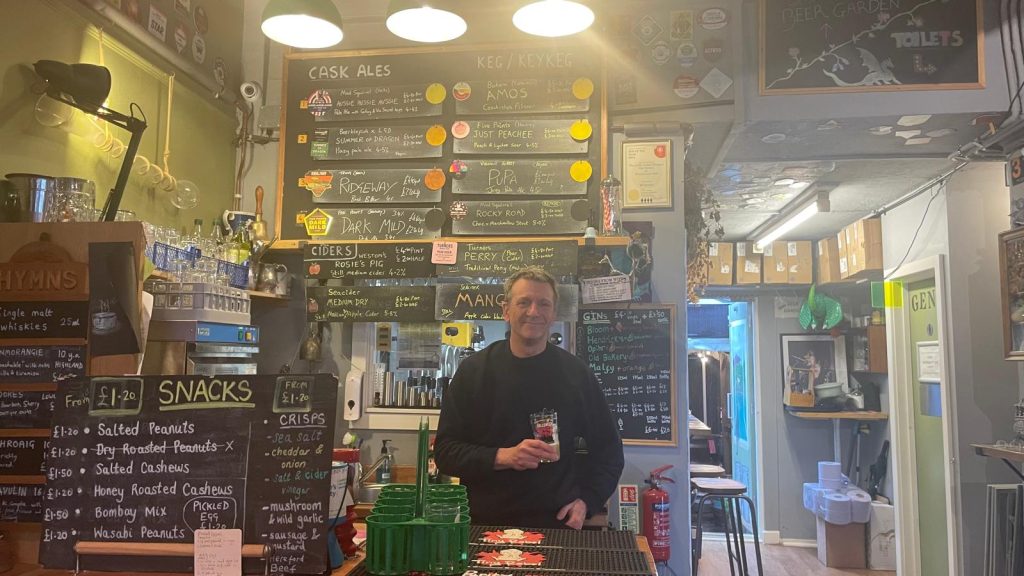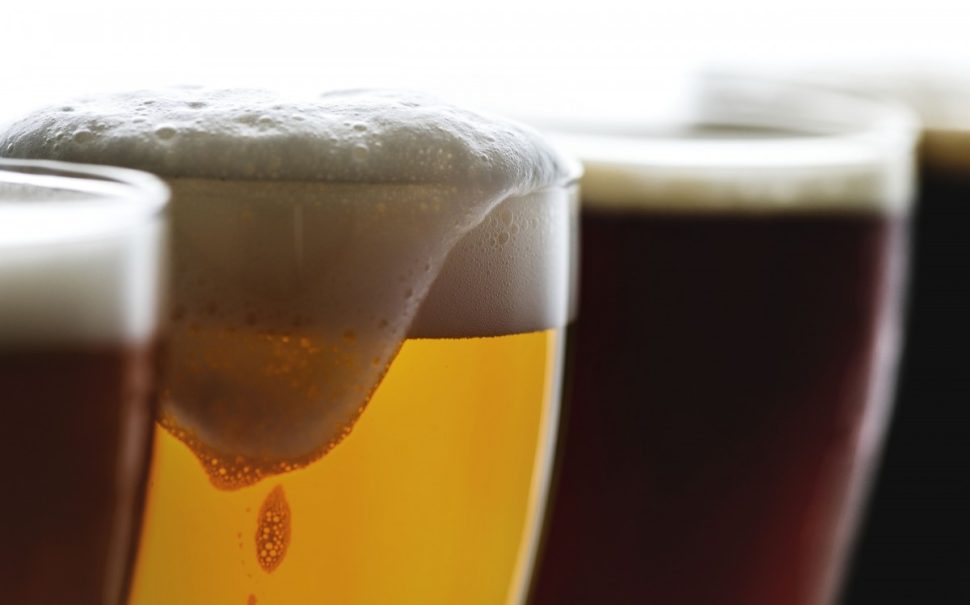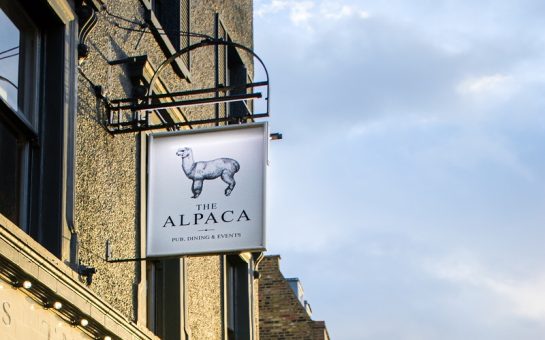Pub goers are choosing to stay at home, as a pint of beer is more than two and a half times more expensive from a pub than bought at the supermarket, data finds.
With inflation soaring over the last two years, pub owners are struggling to maintain customers as the average price of a pint has increased by an astonishing 28% in five years.
ONS data shows that an average pint costs £3.67 in January 2019 compared with £4.71 in March 2024, while the price only rose from £3.35 to £3.67 between 2014 to 2019, less than a 10% increase.
Tom Stainer, CEO of the Campaign for Real Ale (CAMRA) said: “With the cost of living crisis and, simultaneously, the cost of doing business, you’ve got consumers having less money in their pockets and businesses that are trying to cover increasing costs by unavoidably raising their prices, which makes for a very difficult situation.
“The pressure on the hospitality industry has always been supermarkets and off-licences, supermarkets especially because they are offering very cheap alcohol.”
According to Deloitte research, the net percentage of consumers spending more on drinking in pubs and bars dropped six percent in the first quarter 2023 to the first quarter 2024.
In April, JD Wetherspoons founder Tim Martin told the Financial Times competition from supermarkets was “a big challenge for pubs”, owing to the ever-widening price disparity.
A recent YouGov poll listed Guinness as the UK’s favourite beer brand, followed by San Miguel, Heineken, Corona and Kronenbourg.
Of the UK’s five favourite beers, the average supermarket cost of a pint is £1.79, 2.6 times cheaper than the average draught price, with the average price of a pint of Guinness, retailing for £1.67.
In London, a pint of Guinness currently sells for £6.47 at The Moon Under Water in Leicester Square, Westminster: the most expensive London borough to buy a pint of Guinness at Wetherspoons.
Stainer noted that the COVID lockdowns marked a cultural shift, with the prevalence of door-to-door food and drink delivery and streaming services — households were finding cheaper ways to spend an evening.
He added: “It’s easy to see why consumers are making decisions that are impacting hospitality. One or two pints in a pub is much more expensive than it used to be.
“Operators don’t want to raise prices, but they’re facing this cost of business crisis, and potential closure, but obviously it makes going out for a pint these days an unaffordable luxury for many people.”
Ronan Sullivan, a regular at the Little Green Dragon in Enfield said: “There are some places you can go in London where a pint of mainstream beer is £8 — that’s just not reasonable for the product in any way and it’s going to lead to more and more people to say: ‘this is not worth it’.”
Former hospitality worker Katie Magowan said: “If I’m drinking I’m mainly doing it at home or going to a friend’s house and they feel the same, so that’s why we’ll go for the cheaper option and just stay in.”
Part of the reason why pub owners are raising the prices of their drinks is to meet mounting operational costs, as they struggle to stay afloat themselves amid the cost of living crisis.
Data from the House of Commons Library revealed that energy bills were 59% higher than their winter 2021/22 levels.
Despite Chancellor Jeremy Hunt announcing a freeze to alcohol duty in his spring budget, Stainer claimed the high duty and VAT are putting a strain on businesses, not to mention “disproportionately high business rates” and soaring energy bills.
In 2023, a Hospitality Members Survey conducted by UKHospitality, the British Beer and Pub Association, the British Institute of Innkeeping and Hospitality Ulster found that due to the hike in energy bills 42% of businesses were reducing opening hours per day and 34% reducing the amount of days they open per week.
In that same year, 509 pubs in Britain closed their doors for good, according to the British Beer and Pub Association (BBPA).
Independent pubs such as the Little Green Dragon have had to steadily increase the price of their alcoholic drinks despite maintaining a regular flow of customers throughout the cost of living crisis.
Former IT worker Richard Reeves open the micropub in 2017 as the craft-beer industry had begun burgeoning.

The micropub has since won CAMRA Greater London Pub of the Year 2018 and CAMRA Enfield & Barnet Pub of the Year between 2018 and 2024.
Reeves said: “It concerns me because I came into this as a beer and pub lover.
“When I was young, I used to see pubs a bit like churches — somewhere that’s always going to be there in one shape or form, it might change ownership, but that building is a pub.
“You didn’t usually see pubs closing but nowadays, you see pubs just disappear.”
Reeves explained the reason for raising prices due to energy costs is two fold: firstly, it means breweries have to raise their prices as a result of their increased energy bills and secondly, increased bills mean pubs have to raise prices to cover their own overhead.
Reeves added: “We’re really reluctant about putting prices up but as we’re independent and because we can buy beer on the open market that helps a little bit.
“But also we’re not corporately owned, where we would have to buy our beer from one source and it’s what they choose to charge us.
“But I do feel sorry for people who do run those types of pubs, the pubs in our vicinity that are maybe charging a pound or more than we are.”
Regardless of the dramatic difference in price between pub and supermarkets, both Reeves and Stainer argue that pubs offer something that staying at home cannot: community.
Stainer said: “What pubs offer is an experience, with all the community and social benefits that it entails, you don’t get that If you stay sitting on your sofa.
“Pubs have always been a place where income or class don’t really matter and they do so much for their communities, not just for the social benefit or combating loneliness, but bringing a lot of money in for charity as well as supporting various clubs and other organisations that use pubs as meeting places.”


Join the discussion